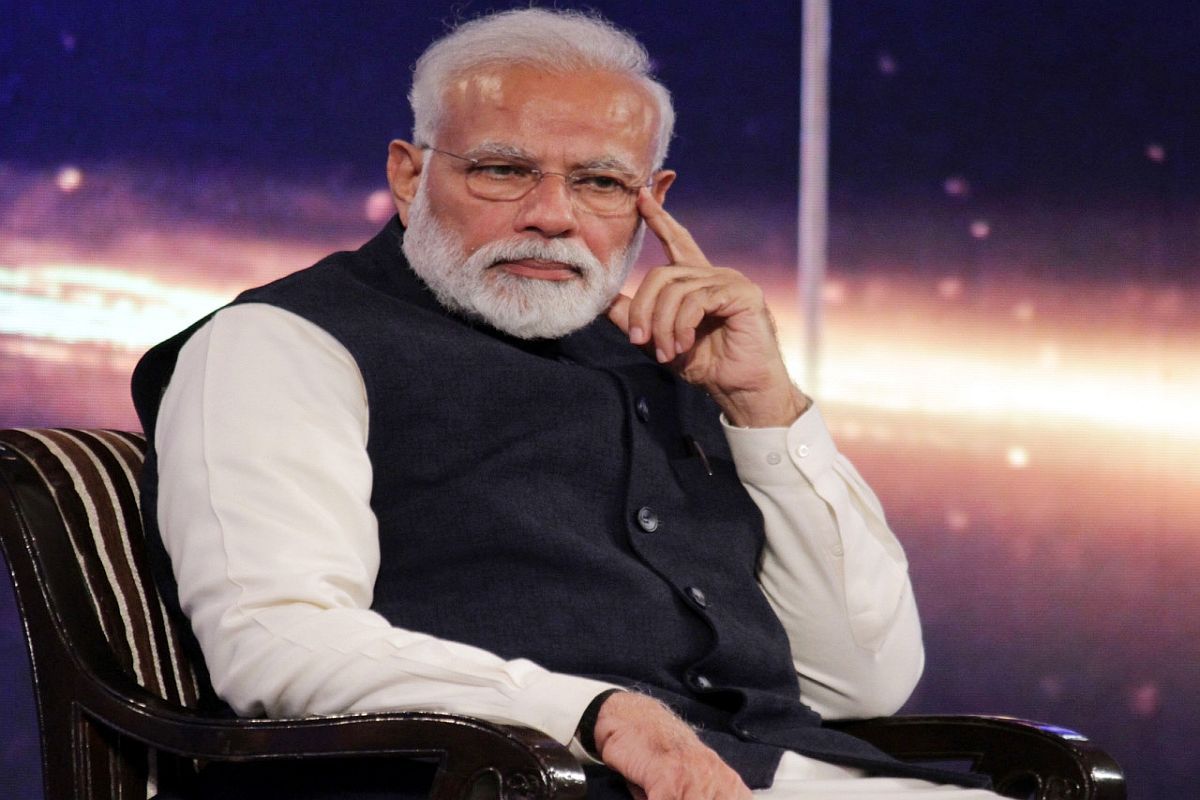A controversy erupted on Sunday after Prime Minister Narendra Modi said during an interview that he thought cloud cover on the day of the Balakot airstrike will give Indian Air Force (IAF) fighter jets the advantage as Pakistani radars will not be able to detect them.
While speaking to the News Nation, the PM talked about how the airstrike was given the green signal and disclosed that there was some confusion on the timing of the strike.
Advertisement
“The weather suddenly turned bad, there were clouds… heavy rain. There was a doubt about whether we can go in the clouds. During a review (of the Balakot plan), by and large the opinion of experts was – what if we change the date. I had two issues in mind. One was secrecy… second, I said I am not someone who knows the science. I said there is so much cloud and rain. There is a benefit. I have a raw wisdom, the clouds can benefit us too. We can escape the radar. Everyone was confused. Ultimately I said there are clouds… let’s proceed,” he said in the interview.
On 26 February, IAF jets pummelled a major Jaish-e-Mohammad (JeM) training camp in Pakistan’s Balakot. The government called it a “pre-emptive, non-military” strike, which was in retaliation of the 14 February Pulwama terror attack in which a JeM suicide attacker killed 40 CRPF personnel.
The PM’s comment was met with criticism and derision on social media.
Reports say that the BJP twitter handle had tweeted the video of the interview and the words said by the PM, but later deleted it following ridicule on social media.
The Congress took a jibe at the PM in a tweet that contained a screenshot of the BJP’s tweet.
“Jumla hi fekta raha paanch saal ki sarkar mein, Socha tha cloudy hai mausam, Nahi aaunga radar mein ([He] Kept delivering Jumlas for five years thinking the weather is cloudy and [I] won’t come under the radar),” the Congress tweeted.
“FYI @narendramodi the radar to detect planes,cloud or no cloud has been there for decades. Even for the stealth ones. If not, other country’s planes would be crisscrossing the skies firing away at will. This is what happens when you’re stuck in the past. Get with it Uncle ji,” tweeted Divya Spandana, Congress Social Media and Digital Communications in-charge.
National Conference leader Omar Abdullah, too, took a swipe at the PM.
“Pakistani radar doesn’t penetrate clouds. This is an important piece of tactical information that will be critical when planning future air strikes. Looks like the tweet got lost in the clouds. Luckily there are screen shots floating around to help,” he posted in a series of tweets.
CPI(M) general secretary Sitaram Yechury said that the “irresponsible statement” is damaging for the country.
“National security is not something to be trifled with. Such an irresponsible statement from Modi is highly damaging. Somebody like this can’t remain India’s PM,” he tweeted.
Following the IAF airstrike, Pakistani Air Force attempted unsuccessfully to target Indian military installations on 27 February. IAF fighter jets thwarted the attempt.
A MiG 21 Bison, piloted by Wing Commander Abhinandan Varthaman, shot down a PAF F-16 before it was shot down.
Wg Cdr Abhinandan was captured by the Pakistan Army but was released on 1 March after India successfully applied diplomatic pressure.











